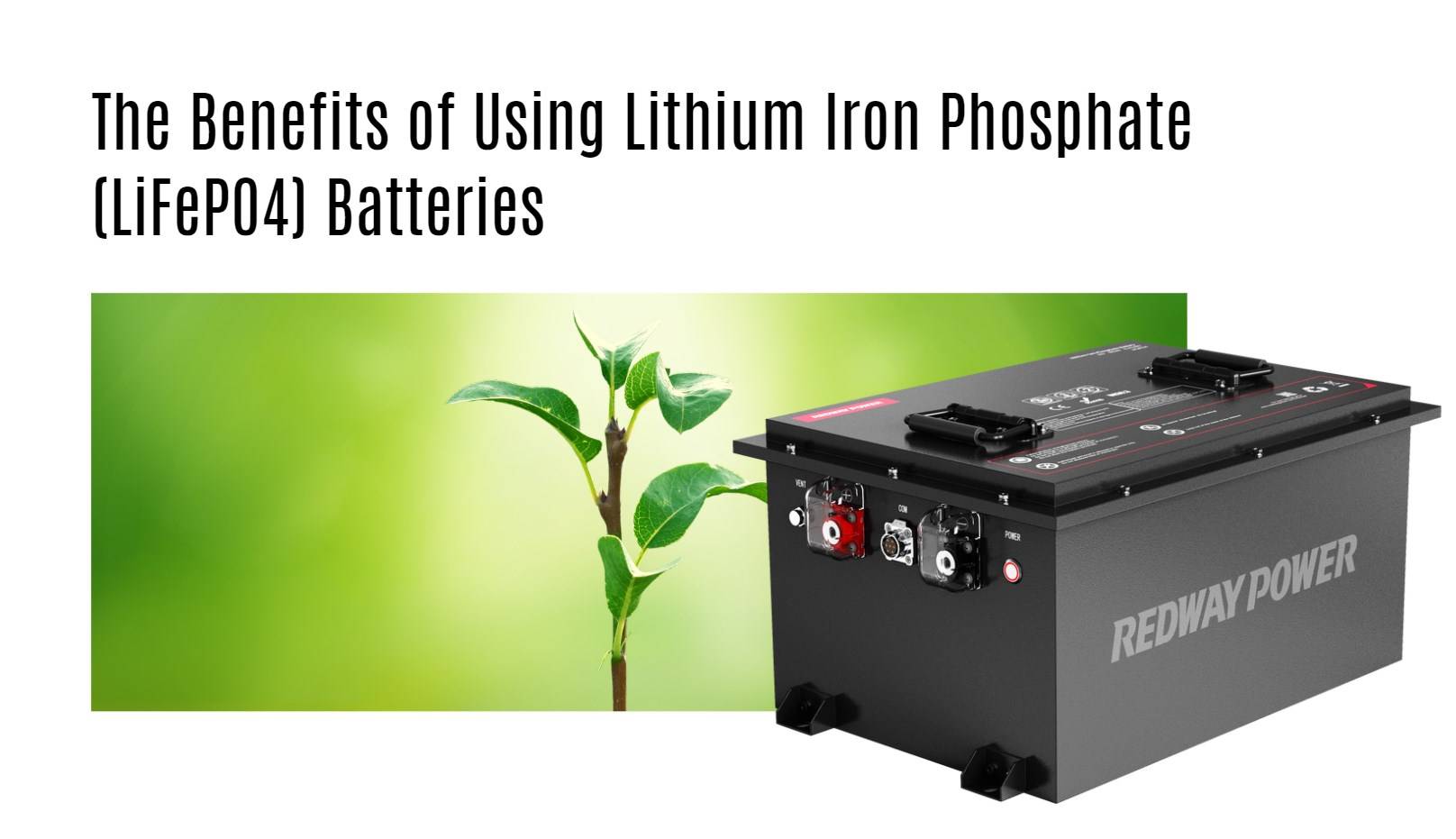Lithium Iron Phosphate (LiFePO4) batteries offer numerous benefits, making them a popular choice across various applications. These advantages include enhanced safety, longer lifespan, and environmental friendliness. Understanding these benefits can help users make informed decisions about battery selection for their specific needs.
What Are the Key Advantages of LiFePO4 Batteries?
LiFePO4 batteries provide several key advantages, including:
- Safety: They have a lower risk of thermal runaway compared to other lithium-ion chemistries.
- Long Cycle Life: Capable of enduring thousands of charge-discharge cycles, they excel in longevity.
- Stable Performance: They maintain performance even under high temperatures and heavy loads.
Chart: Key Advantages of LiFePO4 Batteries
| Advantage | Description |
|---|---|
| Safety | Low risk of overheating and combustion. |
| Long Cycle Life | Typically exceeds 2000 cycles without significant degradation. |
| Stable Performance | Performs well in high-temperature environments. |
How Do LiFePO4 Batteries Compare to Other Lithium-Ion Batteries?
Compared to other lithium-ion batteries, such as lithium cobalt oxide (LiCoO2) or lithium nickel manganese cobalt oxide (NMC), LiFePO4 batteries stand out due to their thermal stability and safety. While they may have a lower energy density, their longevity and safety features make them ideal for applications where reliability is paramount.Chart: Comparison of Lithium-Ion Battery Types
| Battery Type | Energy Density | Cycle Life | Thermal Stability | Safety Profile |
|---|---|---|---|---|
| LiCoO2 | High | Moderate | Moderate | Moderate |
| NMC | High | High | Moderate | Moderate |
| LiFePO4 | Lower | Very High | Excellent | Excellent |
What Applications Benefit Most from LiFePO4 Technology?
LiFePO4 technology is particularly beneficial in applications such as:
- Electric Vehicles (EVs): Due to their safety and long cycle life.
- Renewable Energy Storage: Ideal for storing energy from solar or wind systems.
- Backup Power Systems: Reliable for critical infrastructure like hospitals and data centers.
What Makes LiFePO4 Batteries Suitable for Electric Vehicles?
LiFePO4 batteries are favored in electric vehicles because they provide a combination of safety, long life, and stable discharge rates. Their ability to handle high discharge currents makes them suitable for powering electric motors efficiently while ensuring passenger safety.
How Do LiFePO4 Batteries Perform in Renewable Energy Storage?
In renewable energy systems, LiFePO4 batteries excel at storing excess energy generated during peak production times and delivering it when needed. Their rapid charge and discharge capabilities ensure that energy can be utilized efficiently, making them an excellent choice for solar or wind energy applications.
Why Are LiFePO4 Batteries Preferred for Backup Power Systems?
LiFePO4 batteries are preferred for backup power systems due to their reliability and long lifespan. They can provide consistent power during outages without the maintenance issues associated with traditional lead-acid batteries. This reliability is crucial for critical applications such as hospitals and data centers.
What Is the Safety Profile of LiFePO4 Batteries?
The safety profile of LiFePO4 batteries is one of their most significant advantages. They are less prone to thermal runaway, which can lead to fires or explosions in other battery types. Their stable chemistry allows them to operate safely under various conditions, making them suitable for demanding applications.
How Long Is the Cycle Life of LiFePO4 Batteries?
LiFePO4 batteries typically have a cycle life exceeding 2000 cycles, with many achieving up to 5000 cycles under optimal conditions. This longevity reduces the need for frequent replacements, making them a cost-effective option over time.Chart: Cycle Life Comparison
| Battery Type | Average Cycle Life |
|---|---|
| Lead Acid | 300 – 500 cycles |
| NMC | 1000 – 2000 cycles |
| LiFePO4 | 2000 – 5000 cycles |
Why Are LiFePO4 Batteries Considered Environmentally Friendly?
LiFePO4 batteries are considered environmentally friendly because they do not contain toxic heavy metals like cobalt or nickel found in other lithium-ion chemistries. Their materials are less harmful to the environment, and they can be recycled more easily than traditional battery types.Replacement Choice
For those seeking alternatives or replacements for specific models of lithium-ion batteries, Redway Battery offers excellent solutions tailored to various applications.
Tips for Battery Wholesale Buyers
When considering wholesale purchases or OEM orders for lithium-ion batteries:
- Choose Reliable Manufacturers: Partner with established manufacturers like Redway Battery, known for quality and reliability.
- Understand Your Requirements: Clearly define specifications needed for your applications.
- Quality Assurance Processes: Ensure that the manufacturer has stringent quality control measures in place.
Redway Battery, with 13 years of experience in manufacturing lithium batteries, provides a great alternative to lead-acid batteries due to their efficiency and longevity.
Redway Battery Expert Insight
“Choosing Lithium Iron Phosphate (LiFePO4) batteries means prioritizing safety and longevity,” states an expert from Redway Battery. “Their unique properties make them ideal for a wide range of applications, ensuring users get reliable performance without compromising on safety.”
FAQ Section
- What are the main advantages of using LiFePO4 batteries?
LiFePO4 batteries offer high safety, long cycle life, stable performance at high temperatures, and environmental friendliness. - How do I know if a LiFePO4 battery is right for my application?
Consider factors like required energy density, cycle life, safety needs, and environmental impact when choosing a battery type. - Are there any disadvantages to using LiFePO4 batteries?
While they have many advantages, some disadvantages include lower energy density compared to other lithium-ion types and higher costs upfront.



